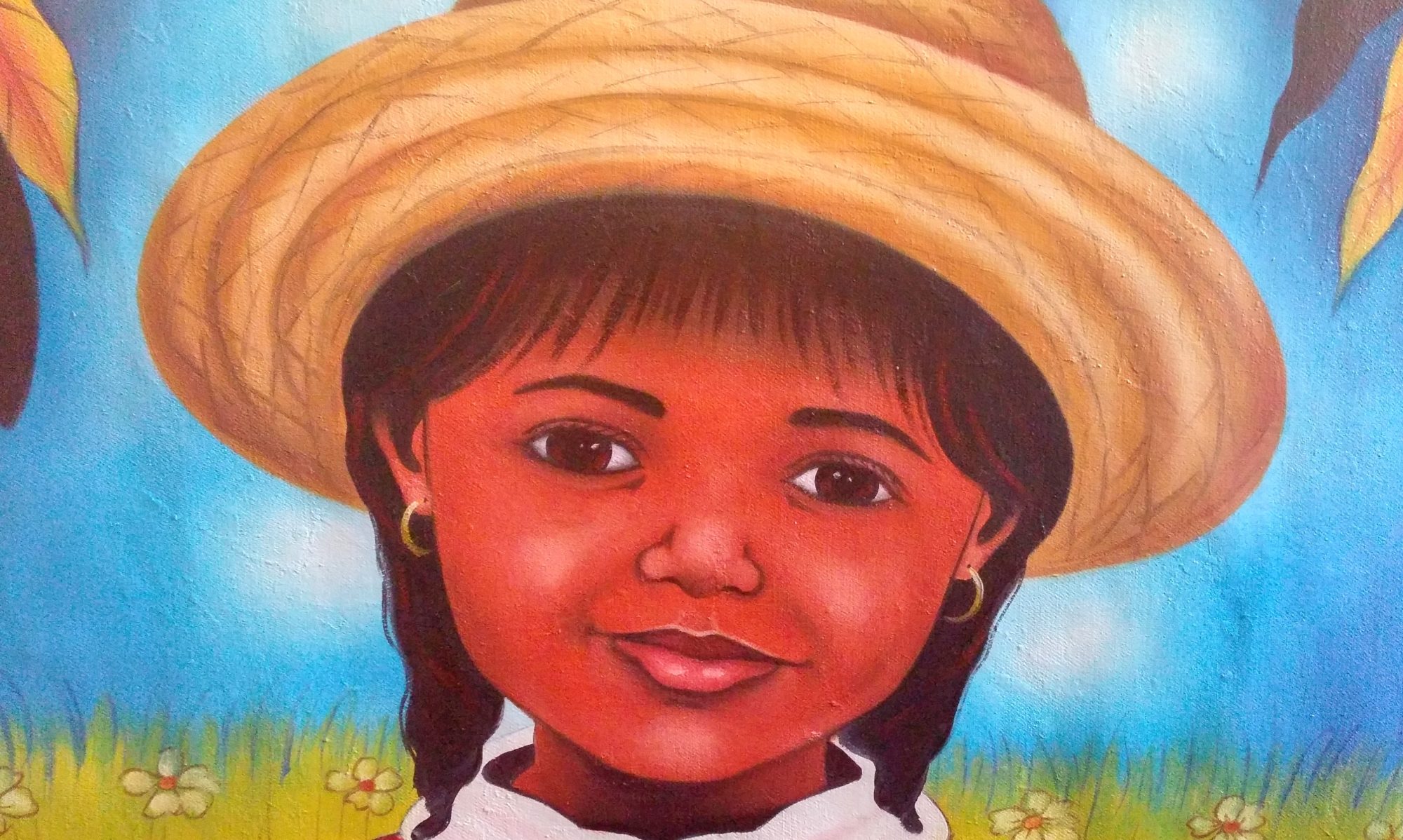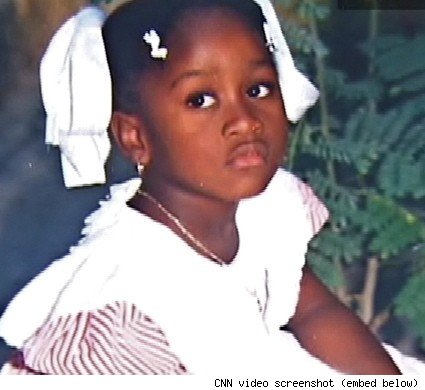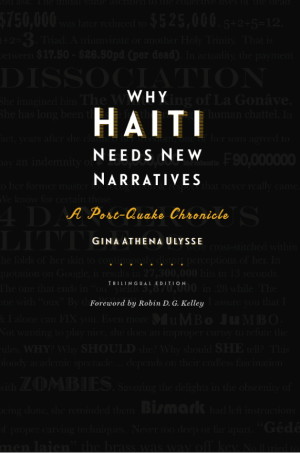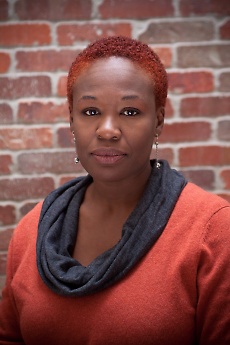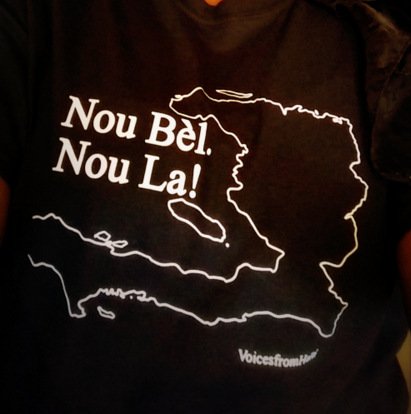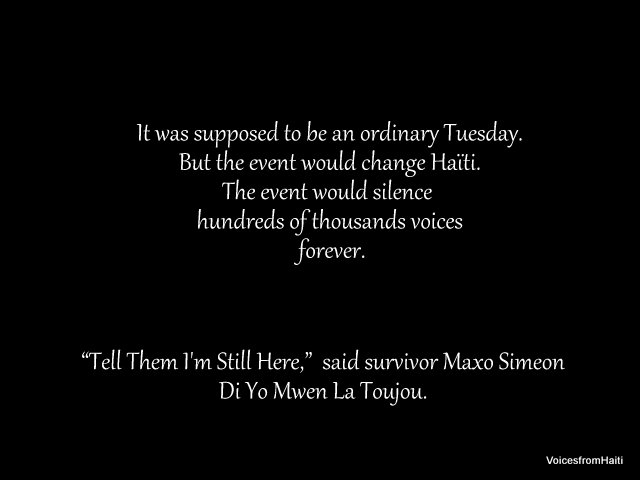 “Tell them I’m still here. Tell my sisters, my cousins, their children–I’ve never met any of their children. But tell them anyway. Tell them Maxo Simeon said he is still alive. Di yo m’fout la toujou.” Jean-Max Simeon
“Tell them I’m still here. Tell my sisters, my cousins, their children–I’ve never met any of their children. But tell them anyway. Tell them Maxo Simeon said he is still alive. Di yo m’fout la toujou.” Jean-Max Simeon
“I was taking my daughter to school. She was getting out of the car, when the ground started to shake. I yelled at her to get back in. We drove fast. You see me here. Ask me why I’m alive. I can’t tell you what I don’t know.” Frank Simeon
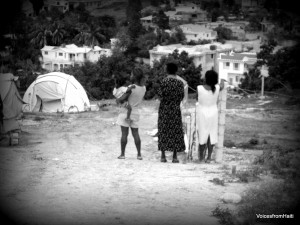 “You realize your big house is useless. The furniture is nothing. You are afraid of your big house. The bigger it is, the faster it kills you.” – Lucienne
“You realize your big house is useless. The furniture is nothing. You are afraid of your big house. The bigger it is, the faster it kills you.” – Lucienne
“The walls stretched. They shook you. One minute I was here. Next minute I was upside down. The house was elastic. It was a miracle that we survived. ” – Nadia Simeon
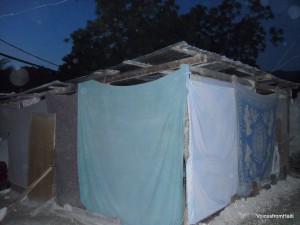 “When you’re inside the tent, you feel like somebody set your skin on fire. You don’t move. You wait. You know if you live to see the next day, maybe you’ll see the one after it.” -Barbara Simeon
“When you’re inside the tent, you feel like somebody set your skin on fire. You don’t move. You wait. You know if you live to see the next day, maybe you’ll see the one after it.” -Barbara Simeon
“After 49 years of back-breaking work in the United States, I was supposed to spend my remaining years in my own country. Now they tell me my house collapsed. I don’t want to hear that my life in America was for nothing.” -Myrta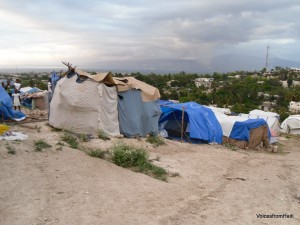
“I didn’t know what was happening. How was I supposed to know? I held my baby, and ran. I didn’t know where we would stop. I just ran.” Nicole
“There are so many ways it is described, this ‘Thing’ that manifested itself that January afternoon, leaving Haitians in such fear that even those whose houses are undamaged will not sleep inside. ” -Actress and poet Michele Voltaire Marcelin — from “The Thing”
“Caribbean Market fell. People were screaming. The market kept falling. The roof. The walls. The air turned to dust.” -Stanley Simeon
“People in America knew more than we did. We didn’t have televisions to watch the news. We didn’t have a radio. People guessed. People repeated what they’d heard. We believed everything. We believed nothing.” – Hans Simeon
“I was sitting in my taptap, when it hit. Dozens of people tried to fit in the cab. They piled on the hood. They jumped on the roof. They wanted me to drive them away from the problem. But the problem was everywhere.” –Rodley Simeon
“Children asked what it was. We couldn’t tell them what it was. The children called it by the sound it made: Goudougoudou (goodoogoodoo.) ‘Goudougoudou eats people,’ the children said. Every time the ground shook, the children cried out, ‘Goudougoudou is going to eat us too.’ ” Jenny
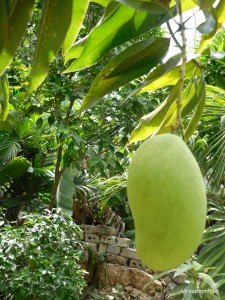
“People came from everywhere. You didn’t know who they were. They had lost families and homes. They were hungry. They asked if they could eat the green mangoes on our tree. We told them they could. We sat together and ate. Papa Yiyi planted the mango tree seven years ago. He died shortly afterwards. He would be pleased to know how many people the tree feeds now.” – Barbara Simeon
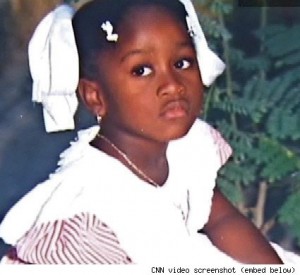
“Anaika Saint Louis was just 11 years old. She wanted to live. But the world flew too far away for her arms to reach. She ran in her sleep. Six years ago today, Anaika Saint Louis started her journey to Paradise. Every tear her innocent eyes shed was a waterfall to me. Even though Anaika and I never met, I feel as if I knew her. I remember her voice. I can still her screaming. Rest in Paradise, little angel.” – Rachelle Coriolan
